Governance
We operate according to our constitution and are governed by representatives of our member organisations.
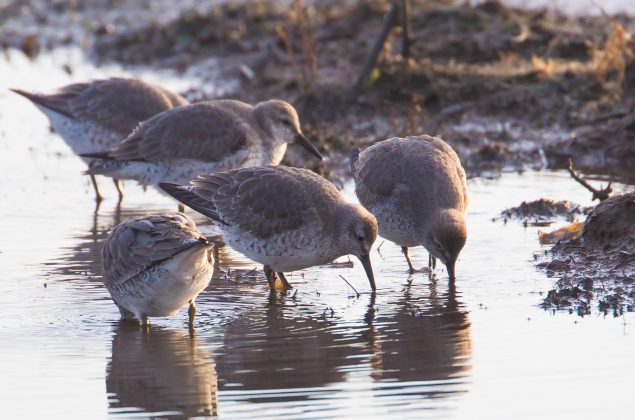
Constitution
We operate according to our constitution, which was agreed in consultation with the Council. You can download a copy from our Resources page.
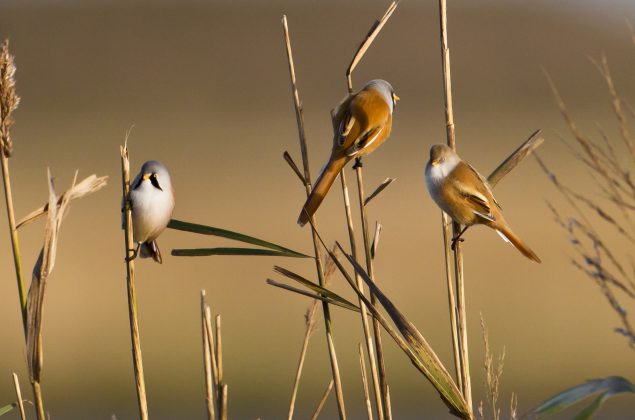
Council
The Council is the main governing body of CCF and consists of one representative from each of the member organisations. Each of those representatives has one vote at Council meetings. Meetings are held at least twice each year and may be attended by individual members as well as the representatives of CCF member organisations. Individual members may not vote at the meetings but are welcome to give their views and take part in discussions. You can find minutes of Council meetings in our Resources. Image: © Natural England/Allan Drewitt
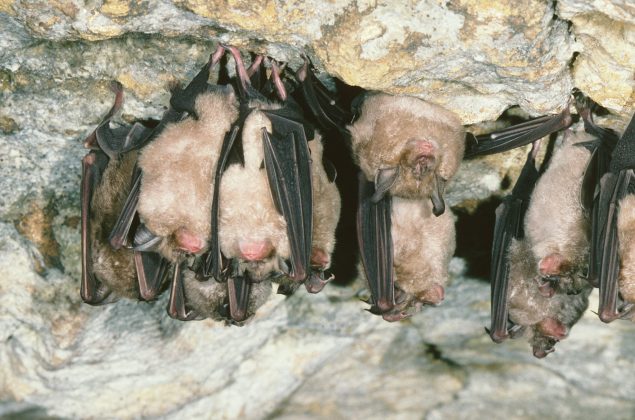
Committee
The CCF Committee is responsible to, and elected by, the Council for the day-to-day running of the forum. Jointly with CCI, CCF employs a public engagement coordinator who is based in the David Attenborough Building. They are a point of contact for CCF reps, liaise with CCI, and organise joint public events. Image: Natural England/Michael Hammett
Meet our committee
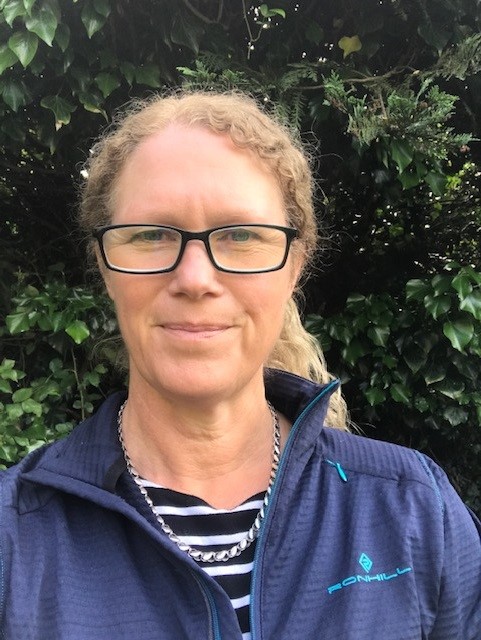
Kathy Gill – Chair
Kathy has over 30 years experience of working in sustainable development and conservation at senior levels in the UK and around the world. As Director at an environmental NGO she has worked with in-country teams, governmental, corporate and community partners, running citizen science projects that delivered crucial evidence that enabled practical and realistic environmental decision-making. This work involved everything from box-trapping cheetahs so that they could be radio-collared and released in Namibia, to mountain surveys above the snow-line in Kyrgystan, to running dive teams surveying coral reefs in Honduras, Oman and the Maldives. In recent years she has worked as a Senior Policy Adviser for the Department for the Environment, Food and Rural Affairs in the UK, and she is currently Deputy Director for Connecting People with Nature in National Operations within Natural England. She is a Trustee of Norfolk Wildlife Trust, Fellow of the Royal Society for Arts, Commerce and Manufactures, and Fellow of the Royal Geographical Society.
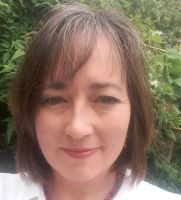
Helen Dye – Vice Chair
I am an experienced not-for-profit fundraiser, project manager and communications specialist, having worked with and for environmentally and socially responsible organisations and initiatives for most of my career. Sector specialisms include higher education, health, environment and youth and community. Organisations I have worked for include two Prince of Wales’ charities, the Wellcome Trust Sanger Institute, the University of Cambridge, Anglia Ruskin University, the University of Hertfordshire, the Woodland Trust, the UK Government and the Police. My interests lie in creative and innovative approaches to facilitating interdisciplinary learning and knowledge exchange. Since January 2020 I have been developing a place-based community-led model to support local climate change adaptation and mitigation measures for St Ives, Cambridgshire.

Roger Mitchell – Treasurer
Most of my working life has been in Government and the Government Agencies such as the Nature Conservancy Council and English Nature. Since then I have been International Chief Scientist at the Earthwatch Institute, Executive Chairman of the NGO Natura International, Environmental Director of the Arcadia Fund, Chairman of the Management Board of the Corrour Estate, a Director of the European Climate Foundation, and a Board Member of the Cambridge Conservation Initiative. Presently, I am a Director of the Amphibian and Reptile Conservation Trust, The Herpetological Conservation Trust and ARC Ecological Services Ltd., a Board Member of Natural Cambridgeshire, on the Editorial Board of Conservation Evidence, and Vice-Chair of the Fens Biosphere Steering Group. I have been involved with CCF since it was formed and have previously served as Treasurer and Deputy Chair.

David Noble – Membership Secretary
David is currently Principal Ecologist at the British Trust for Ornithology, where he is responsible for the strategic development of BTO’s monitoring programme and associated research, is the main contact for biodiversity indicators, surveys of taxa other than birds, and for conservation initiatives such as BAP and Birds of Conservation Concern.
